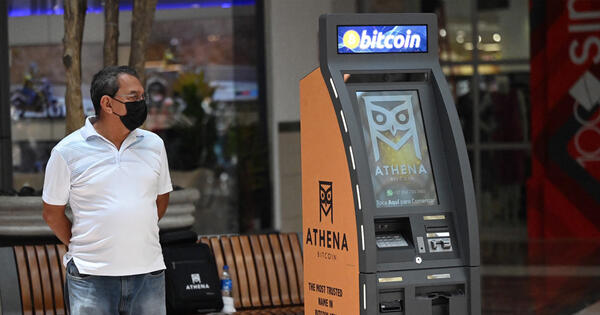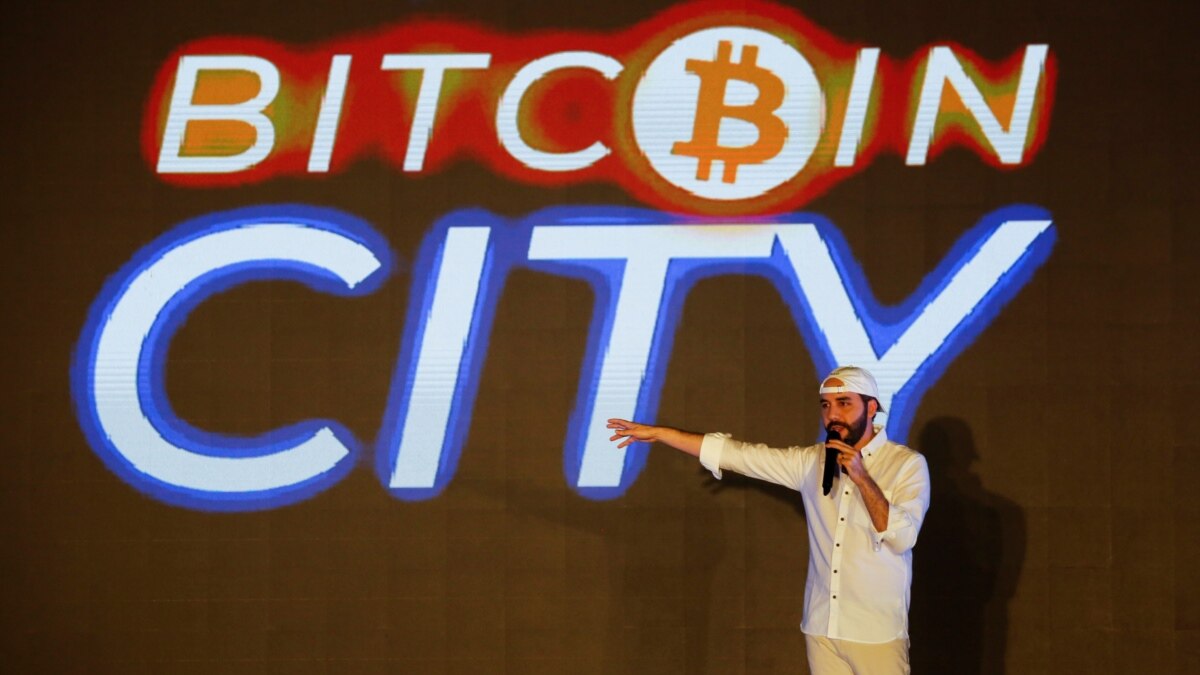Using the geothermal energy generated by its magnificent Tecapa stratovolcano, El Salvador has created a veritable "Bitcoin bank" over the last three years.
Since making history in 2021 by becoming the first country to recognize Bitcoin as a legal currency - and thus mandatorily accepted by other countries as a form of payment - the country has allocated 5 megawatts (MW) of its 102 MW geothermal energy facility to support 300 processors dedicated to mining the famous cryptocurrency.
The operation has so far raised around 29 million dollars (around 27 million euros) over the last three years. According to data collected alongside the state by Interesting Engineering, the country has mined 474 Bitcoin in the last three years.


The government's holdings in the cryptocurrency have reached 5,750 - around 354 million dollars (326 million euros) at the current exchange rate.
The whole idea had already been announced as part of President Nayib Bukele's self-appointed "coolest dictator in the world" project to create the world's first "Bitcoin city".
Initiatives such as issuing 30 dollars in Bitcoin to citizens who opened a digital wallet for cryptocurrency transactions show Bukele's efforts to mainstream Bitcoin, but as a currency it has encountered major bumps in the road: reports from 2022 suggest that only 14% of users continued to use Bitcoin after its introduction.
Despite the government's insistence, criticism is pouring in. The International Monetary Fund (IMF), for example, has already expressed its concern about the lack of a formal issuing authority and the high volatility associated with this cryptocurrency.
Environmentalists also constantly criticize Bitcoin mining for being highly energy-intensive, since the process involves solving complex mathematical problems to verify transactions and maintain the blockchain, traditionally resulting in substantial carbon emissions due to the reliance on fossil fuels for energy.


However, El Salvador's use of geothermal energy from volcanoes presents a more sustainable solution to these environmental concerns. By harnessing the energy of volcanoes, the country reduces the carbon footprint associated with Bitcoin mining, providing a greener alternative to traditional methods that rely on non-renewable energy sources.








